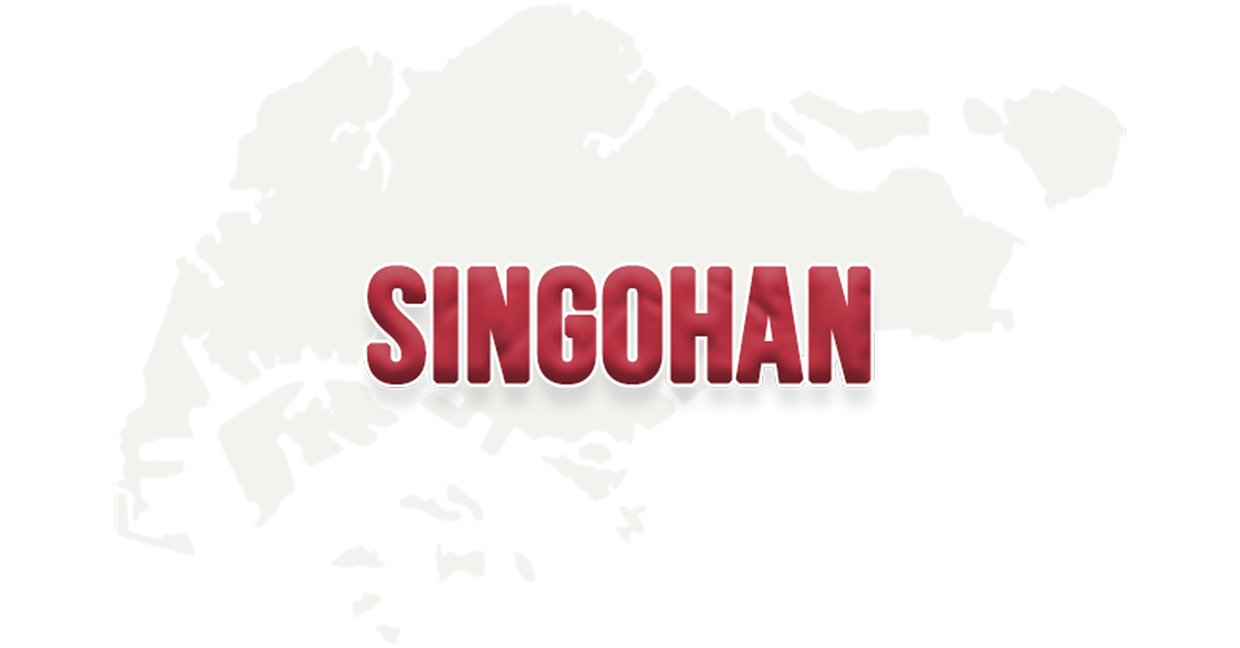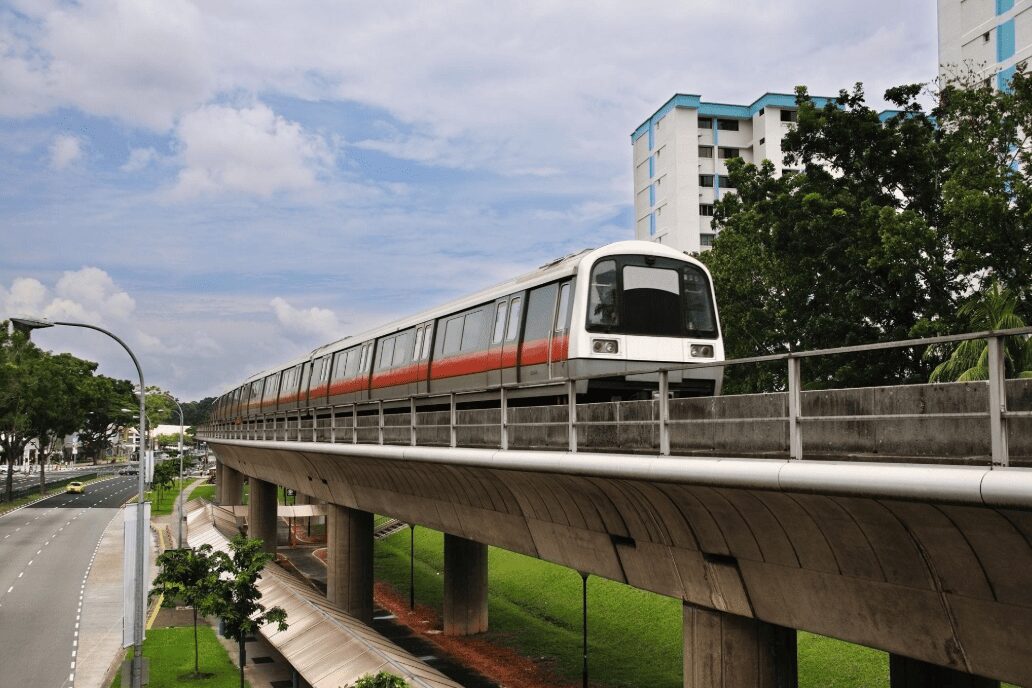Healthcare in Singapore: How to Choose Insurance and Access Medical Services as a Foreigner

Singapore offers world-class healthcare, but medical costs can be steep for non-residents. Whether you’re a long-term expatriate or a short-term visitor, understanding health insurance and how to use local medical facilities is vital to ensure safety and peace of mind during your stay. This article guides you through essential options and practical tips, so you can access healthcare in Singapore with confidence.
目次
1. Overview of Singapore’s Healthcare System and Medical Services
Singapore boasts a high standard of both public and private medical care. Clinics (known as GPs) are spread across neighborhoods for minor illnesses, while big hospitals handle emergencies and specialist treatment.
1-1. Types of Medical Facilities
- Public hospitals and clinics: Generally lower cost but higher for foreigners; expect longer waiting times.
- Private hospitals and clinics: More expensive, but offer shorter wait times and multilingual support—many have English-speaking and even Japanese-speaking staff.
1-2. How to Get Medical Care
For minor issues (colds, fever, minor injuries), visit a local GP first. For serious or specialist cases, GPs typically provide referrals to relevant hospitals or specialists.
2. Insurance Types and How to Choose the Right Plan
Insurance is strongly advised, as out-of-pocket medical expenses can be high. Here’s how to compare and select the best insurance solution for your needs in Singapore.
2-1. Short-Term vs. Long-Term Coverage
- Travel insurance: Ideal for tourists—purchased before your trip, often covers emergencies, hospitalizations, and accidents.
- Expat/International health insurance: For long-term residents and expats, many employers offer group coverage. Private insurance tailored to non-residents or international citizens is common and provides flexible access to local hospitals.
2-2. Key Points in Choosing Insurance
- Coverage scope: Confirm if your policy includes outpatient, inpatient, emergency, surgery, and repatriation.
- Cashless service: Many insurers have tie-ups with local facilities, enabling you to be treated without up-front payment.
- Language & support: Customer service and claims processes in your language (English/Japanese) can make emergencies less stressful.
2-3. Using Your Insurance
Always bring your insurance policy and claim documents to the clinic/hospital. Clarify with staff if cashless treatment is available; if you pay upfront, keep all receipts and medical certificates for later reimbursement.
3. Where to Go: Recommended Medical Facilities and What to Do in Emergencies
Having a list of reputable, foreigner-friendly medical facilities and knowing what to do in emergencies is critical.
3-1. Foreigner-Friendly Hospitals/Clinics
- Raffles Medical Group
- Gleneagles Hospital
- Mount Elizabeth Hospital
Many of these offer 24/7 emergency services and language support for international patients.
3-2. Emergency Numbers and Procedures
- Emergency number: 995 (ambulance), 999 (police)
- It’s helpful to keep your embassy’s contact details recorded for non-medical emergencies.
3-3. Handling Unexpected Medical Issues
If language or system differences cause confusion, many hospitals offer interpreter services. Expat networks and embassies can be useful resources for finding the right support.
Conclusion
Singapore’s healthcare system is modern and accessible, but costs can be high for foreigners, making robust insurance essential. Understanding how to access medical services—and being prepared with contacts and documentation—ensures you get the care you need swiftly and with peace of mind. With preparation, you can enjoy everything Singapore has to offer with confidence in your health and wellbeing.
(Photo by Unsplash.com)




